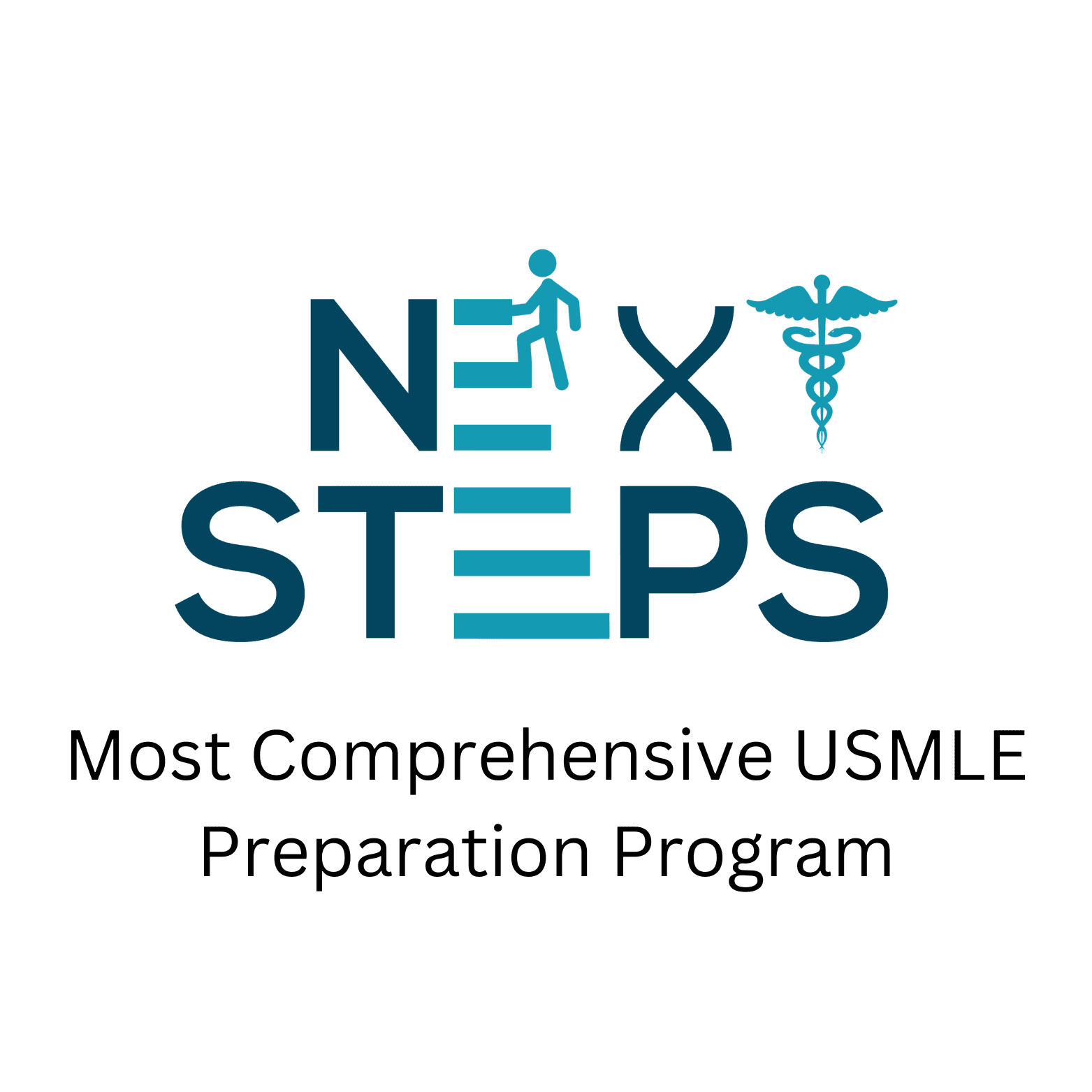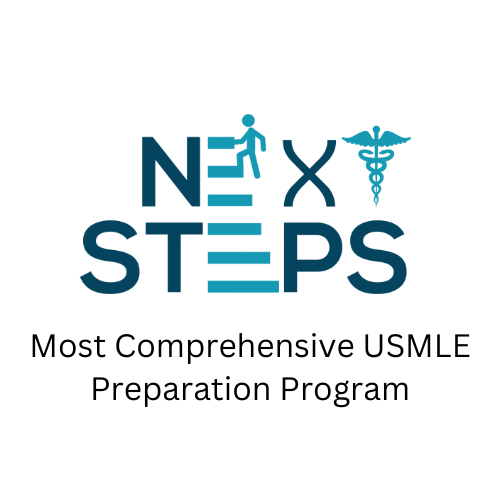Securing a residency position in the United States is a competitive and multifaceted process, culminating in the National Resident Matching Program (NRMP) Match. One of the most common questions among residency applicants is: “How many interviews do I need to match?” While there is no one-size-fits-all answer, various factors, and statistical insights can help guide applicants in setting realistic goals and strategies. In this blog, we’ll explore the factors that influence the number of interviews needed to match and offer practical advice on how to approach the interview process.
Understanding the NRMP Match Process
The NRMP Match process is designed to match residency applicants with available residency positions based on mutual preferences. After applying to programs, applicants are invited for interviews. Post-interview, both applicants and programs submit ranked lists of their preferences to the NRMP, which uses an algorithm to match applicants to programs.
Statistical Insights
The NRMP publishes an annual report called “Charting Outcomes in the Match,” which provides valuable data on the correlation between the number of interviews and match success. According to the latest data:
-
- U.S. Allopathic Seniors: On average, U.S. allopathic seniors need around 10-12 interviews to have a 90% chance of matching.
-
- International Medical Graduates (IMGs): IMGs often face more competitive scenarios. For IMGs, the number of interviews required to achieve a similar chance of matching can be higher, averaging around 12-15 interviews.
-
- Osteopathic Medical Graduates: Osteopathic applicants typically fall between the allopathic seniors and IMGs, with around 11-13 interviews needed for a high likelihood of matching.
Factors Influencing the Number of Interviews Needed
-
Specialty Choice
- Competitive Specialties: Specialties like Dermatology, Orthopedic Surgery, and Neurosurgery are highly competitive. Applicants often need more interviews to increase their chances of matching.
- Less Competitive Specialties: Family Medicine, Internal Medicine, and Psychiatry are less competitive, often requiring fewer interviews to match.
-
Applicant Profile
- USMLE Scores: Higher USMLE scores can result in more interview invitations, reducing the number of interviews needed to match.
- Clinical Experience: U.S. clinical experience (USCE) is particularly important for IMGs. The quality and quantity of USCE can influence the number of interview invitations.
- Research and Publications: A strong research background and publications can enhance your profile, especially for academic programs.
-
Geographic Preferences
- Location Flexibility: Being flexible with geographic preferences can increase the number of programs you apply to and, subsequently, the number of interviews.
- Regional Preferences: Some applicants may have geographic limitations due to personal reasons. This can affect the total number of interviews they can secure.
-
Application Strategy
- Broad Application: Applying broadly across multiple programs and specialties can increase your chances of receiving more interviews.
- Targeted Application: Focusing on IMG-friendly or less competitive programs can also be an effective strategy for increasing interview invitations.
Practical Tips for Maximizing Interviews
-
Apply Early and Broadly
- Timely Submission: Submit your application as early as possible to maximize the chances of being reviewed by program directors.
- Broad Spectrum: Apply to a diverse range of programs, including those that are IMG-friendly or in less competitive locations.
-
Polish Your Application
- Strong Personal Statement: Craft a compelling personal statement tailored to each specialty and, if possible, to specific programs.
- Robust Letters of Recommendation: Secure strong letters of recommendation, preferably from U.S. physicians if you have USCE.
- Professional CV: Ensure your CV is well-organized and highlights your strengths and relevant experiences.
-
Leverage Networking
- Attend Conferences: Participate in medical conferences and networking events to make connections with program directors and residents.
- Professional Networks: Use platforms like LinkedIn and professional organizations to reach out to alumni and mentors who can provide guidance and possibly referrals.
-
Prepare Thoroughly for Interviews
- Mock Interviews: Practice with mock interviews to improve your confidence and performance.
- Know Your Application: Be ready to discuss every aspect of your application, including your experiences, research, and motivations for choosing the specialty.
Conclusion
While there is no definitive number of interviews that guarantees a match, aiming for 10-15 interviews is a good benchmark for most applicants. U.S. allopathic seniors might need slightly fewer, while IMGs might need more due to the competitive nature of their applications. By applying broadly, optimizing your application materials, networking effectively, and preparing thoroughly for interviews, you can enhance your chances of securing enough interviews needed to match successfully. Remember, persistence and strategic planning are key to navigating the residency match process. Good luck!





